Gila
Gila formed in early 1969 originally as Gila Fuck. It all started from the political commune in Stuttgart. In 1971 they recorded one of the most exciting experimental space rock releases in Germany. Fritz Scheyhing, the last surviving member of Gila recalls his days with the band in the following article.
“Free music, ecstatic music, improvising”
Fritz Scheyhing, the last surviving member of Gila, looking back at the band’s history: “One characteristic of band stories is that they are told differently from the perspective of each single band member. This is some kind of natural law – and here comes my personal Gila story: It was a fascinating period; back then all of us were looking for something, greedily and like addicts trying to find something we almost seemed to grasp during our nightly sessions only to see it fade away in the sober mornings. But let’s turn to the actual story: In 1965 they said this is the year where in summer the whole world will meet on the Côte d’Azur, under the bridge in Saint-Aygulf, near Fréjus. I thus dropped out of college, worked at the American barracks for half a year in order to earn some money for the initial phase of my plan and then told my parents: ‘I’m off now.’ The south of France in 1965, shortly after the Algerian war… There is a lot to be told about this, but that would be a different story. That’s where I met Walter from Switzerland, our bassist. We played blues and swing music in the coffeehouses of Saint Tropez, Nice, and Cannes, and even on Charles Aznavour’s yacht.
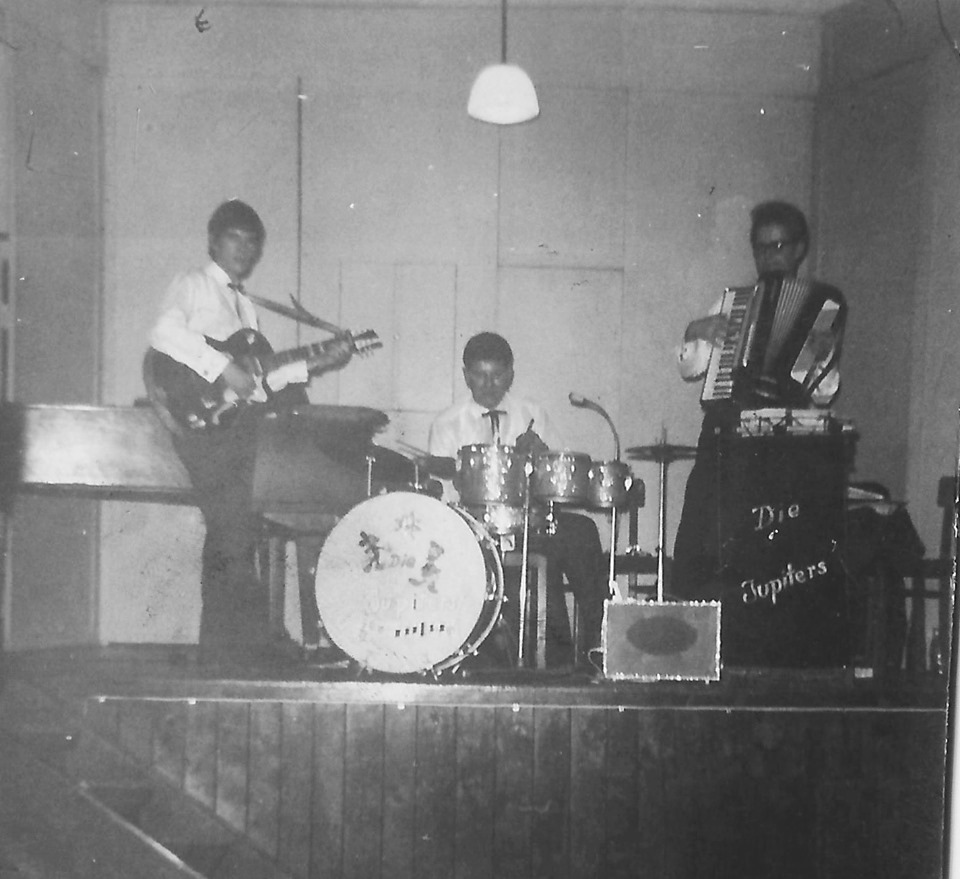
Back in Germany I returned to college. Walter completed his 6-month military service, most of which he spent in the army prison. When he later joined me in Germany, we spent most of our time with a clique of friends, long before living in communes became popular. Initially at the ‘prince’ (a real prince) in Stuttgart, then at the mill (i. e. the Scheffelmühle in Höfingen/Leonberg) where my cousin Charlie (Hans Daniel Sailer, who is nowadays a well-known sculptor) lived. The latter one is virtually Gila’s birthplace.
Autumn 1968: Living in Germany became uncomfortable and the winter was just around the corner: Outside, when we left our mill in the valley, everything was wet and cold… We thus spontaneously left for Morocco. Morocco: Thousand and One Nights, hashish, street music together with Arabian musicians; Marrakesh: American beatniks in the tradition of Burroughs; Casablanca: Arabian carnival, celebrating the end of Ramadan for three days; Essaouira, then a place for meditation and today a meeting place for surfers.
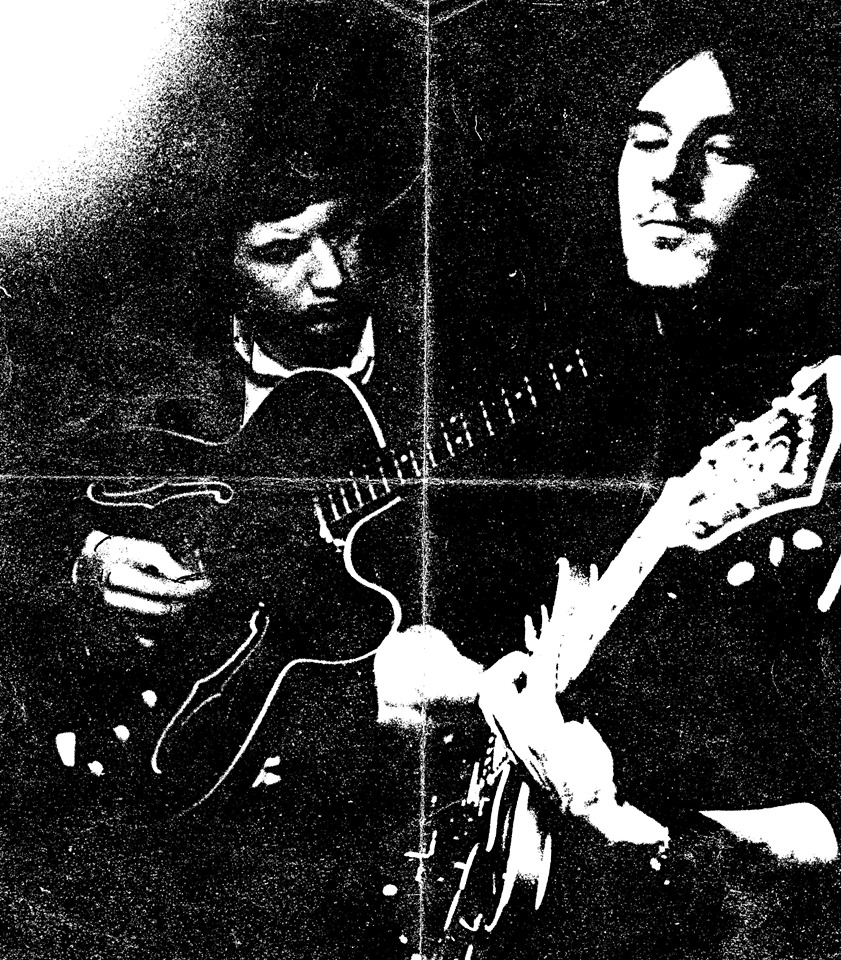
In spring we ended up in some kind of music bar in Tanger. The air was heavy with hashish smoke, no need to smoke oneself, and in the middle of the room there was a stage with a dozen Moroccan musicians, singers, and dancers. All hell was let loose there, it was amazing. After that we were certain – that’s the kind of music we wanted to make: free music, ecstatic music, improvising together and getting carried away by our music together with the audience.
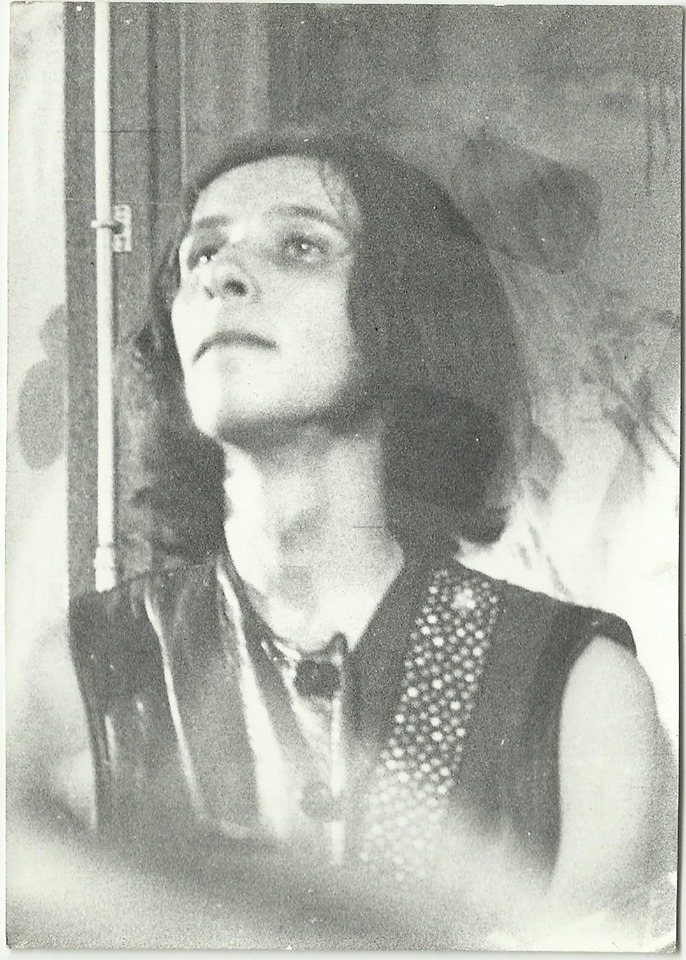
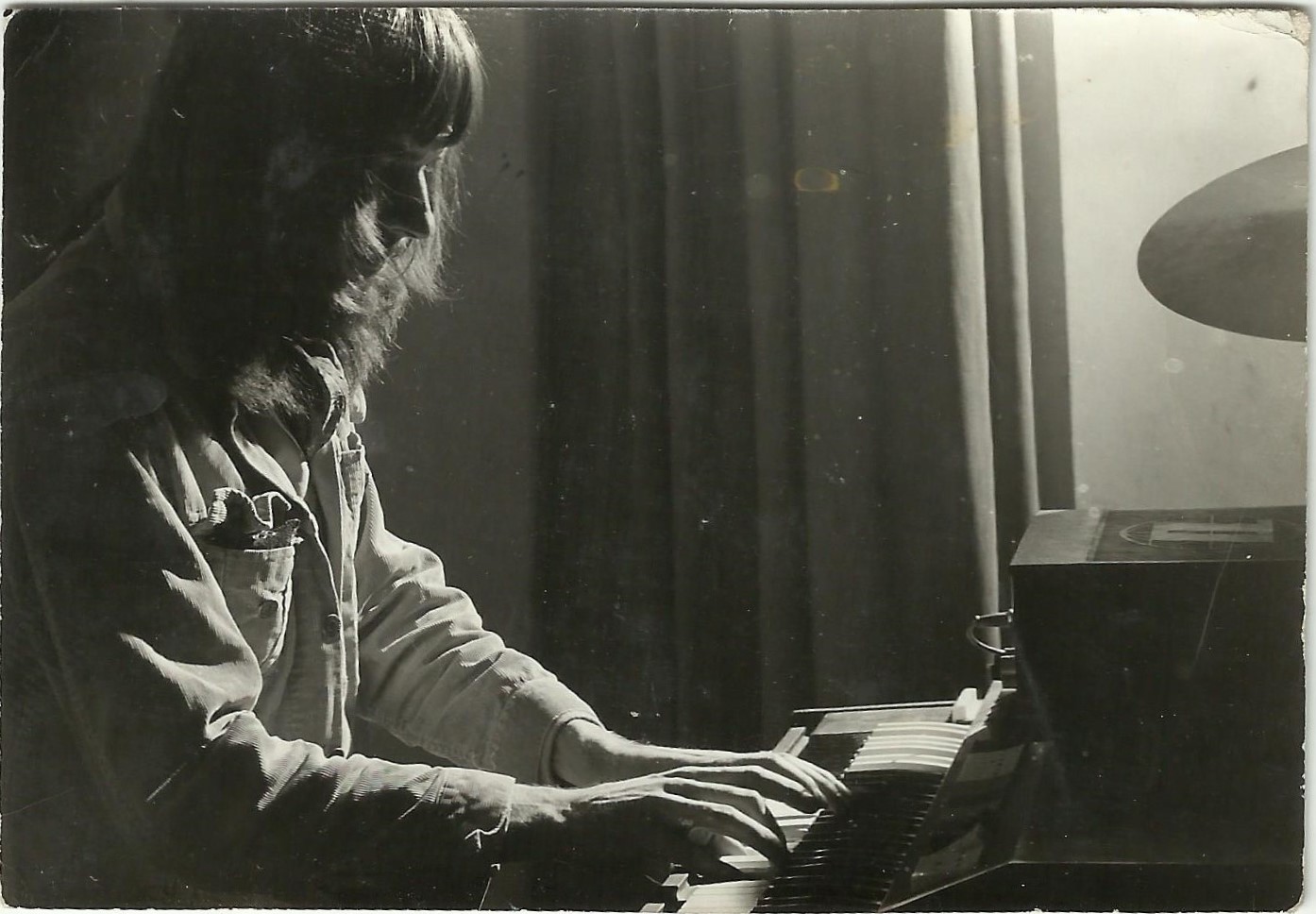
“Music, ecstasy, power, and getting carried away.”
We returned to the mill. And finally there was the music we had been waiting for: Jimi Hendrix with ‘Are you experienced’, Zappa’s ‘Suzy Creamcheese’, Pink Floyd, Steppenwolf, ‘In-a-gadda-da-vida’, MC5. And with Guru Guru we saw the first German free-rock band perform and heard for the first time how a band could shake the walls with turned up amplifiers – a completely new way of making music: not playing nicely together at a moderate volume level but making a hall full of people freak out. That was exactly in line with our mood. Music, ecstasy, power, and getting carried away. In order to join the movement we needed a P.A.; we thus took a loan and bought a Marshall P.A. Walter switched from clarinet to bass, I returned from guitar to keyboards (Farfisa organ, as a Hammond with Leslie speakers would have been unattainable), Conny joined us on guitar, Bongo (Rainer Fuss) on drums, and Bernd Neumann with his bubbling slide projections was responsible for the light show. We had our first ‘big’ gigs together with Guru Guru at the academy carnival parties. My cousin, Conny, Bongo, and Bernd studied at the Stuttgart academy of arts anyway.
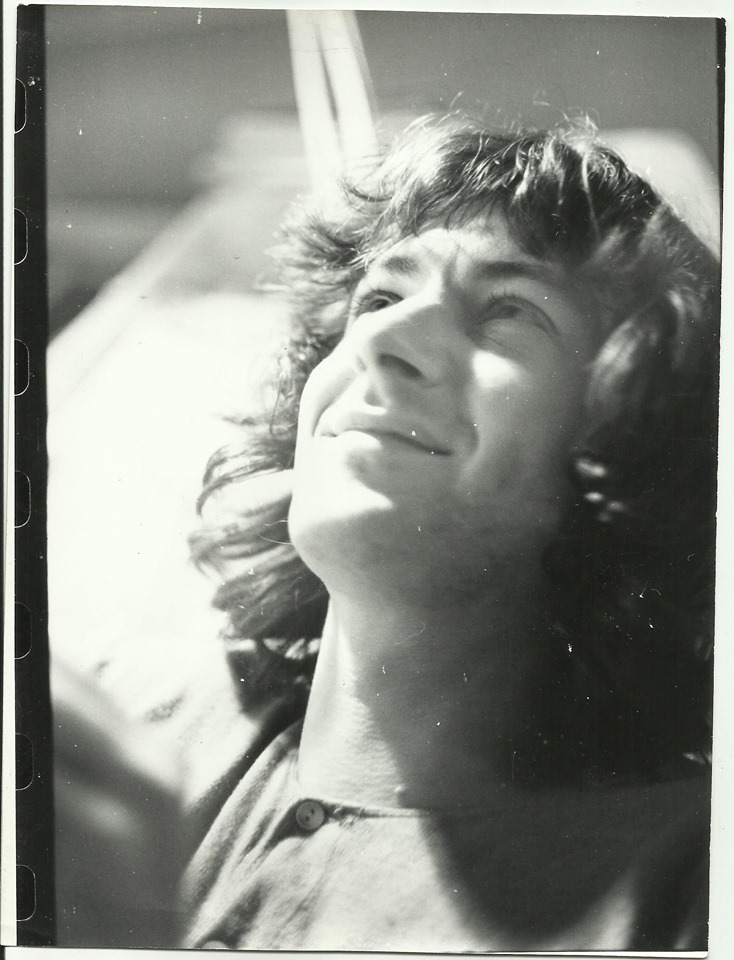
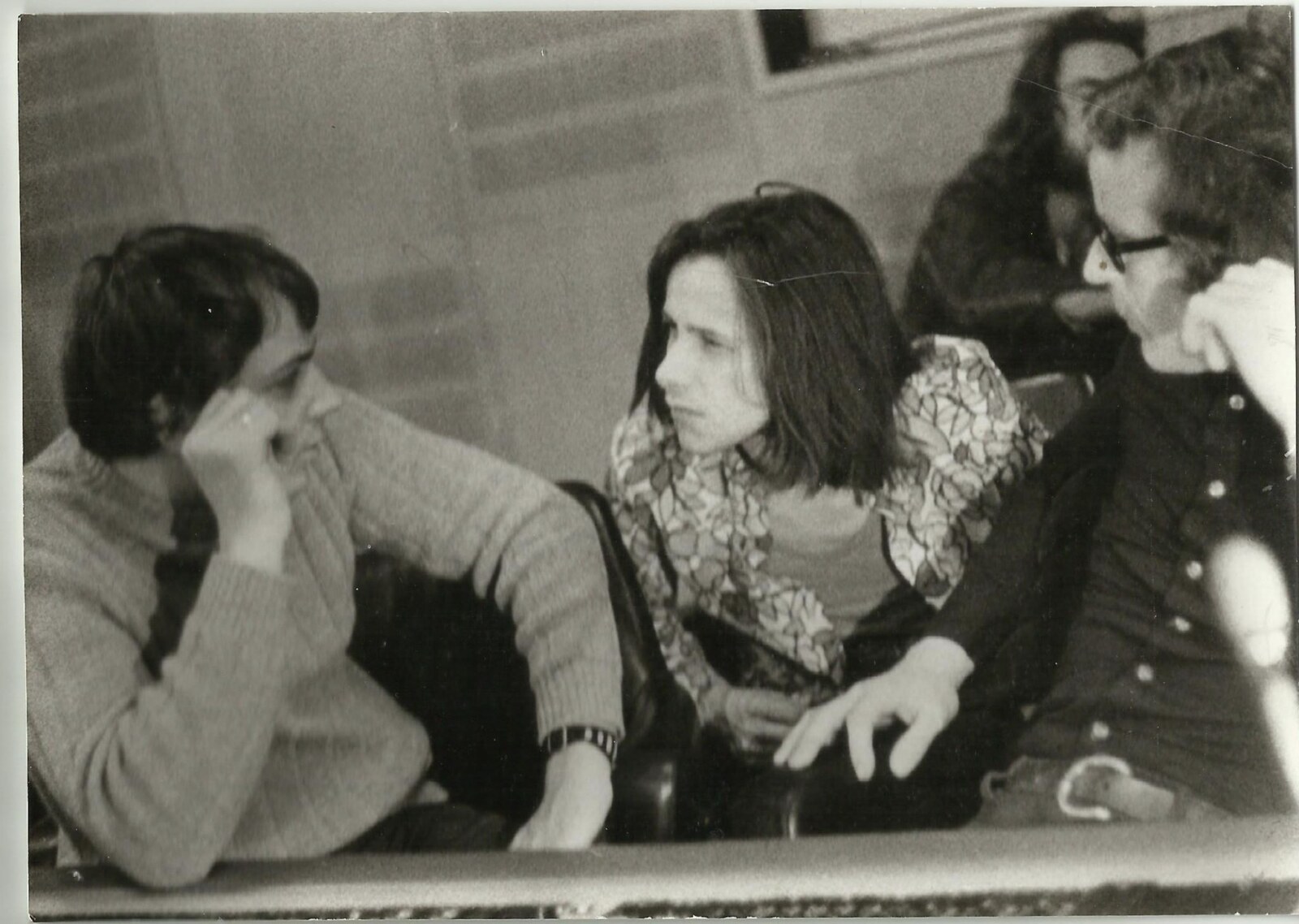
“Everything was political at that time.”
Did we make political music? Of course we made political music. Everything was political at that time. Drugs were a political matter – simply because an American politician said about LSD: ‘It is a transparent liquid no one can control, it therefore must be prohibited.’ Shared flat communities were political for the very fact that the Bild-Zeitung (yellow press newspaper) considered all people living together in such communes as revolutionary left-wingers. Sex was political as it was prohibited for those under age, as sex was a revolt against the prevailing morality and as sex was anarchistic. Music was political as the musicians made ecstatic, anarchistic, unethical, and dirty music and all music events were only a platform for drug-addicted, dirty, radical, left-wing, anarchistic criminals who wanted to lure the last remaining decent adolescents into their vicious circle in order to celebrate Armageddon – the destruction of the civilised world. And thus all those who wanted something different from what the media bosses, the old fogeys in politics, and secondary school or college teachers stated – i. e. emasculated former men between 50 and apparently dead – were automatically politicised. And sooner or later all of them came across Wilhelm Reich, Marx, Lenin, and the Russian Communes of the 1920s. Reich splendidly combined sexual liberation, narcissism, and the settling of scores with fascism.
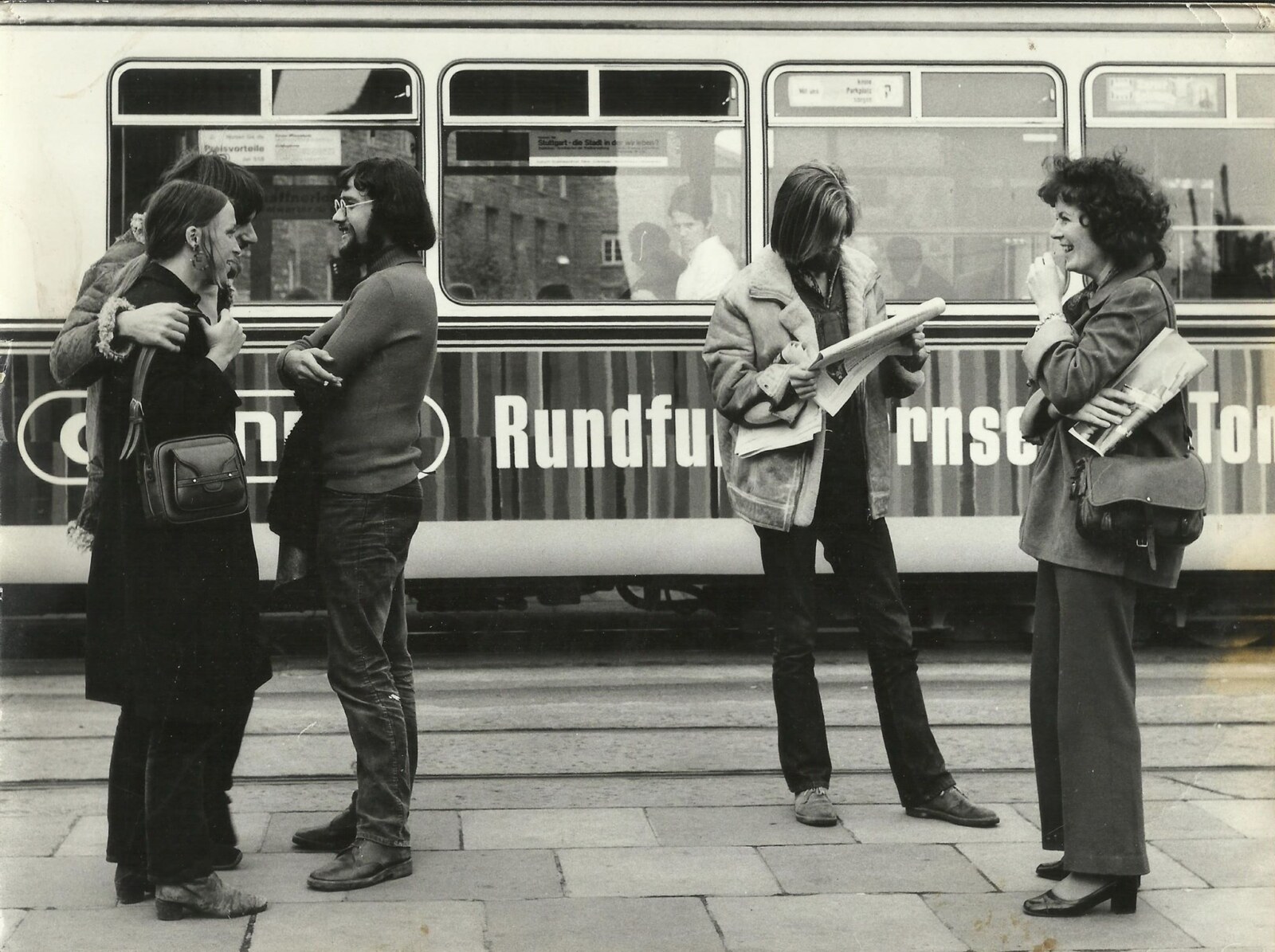
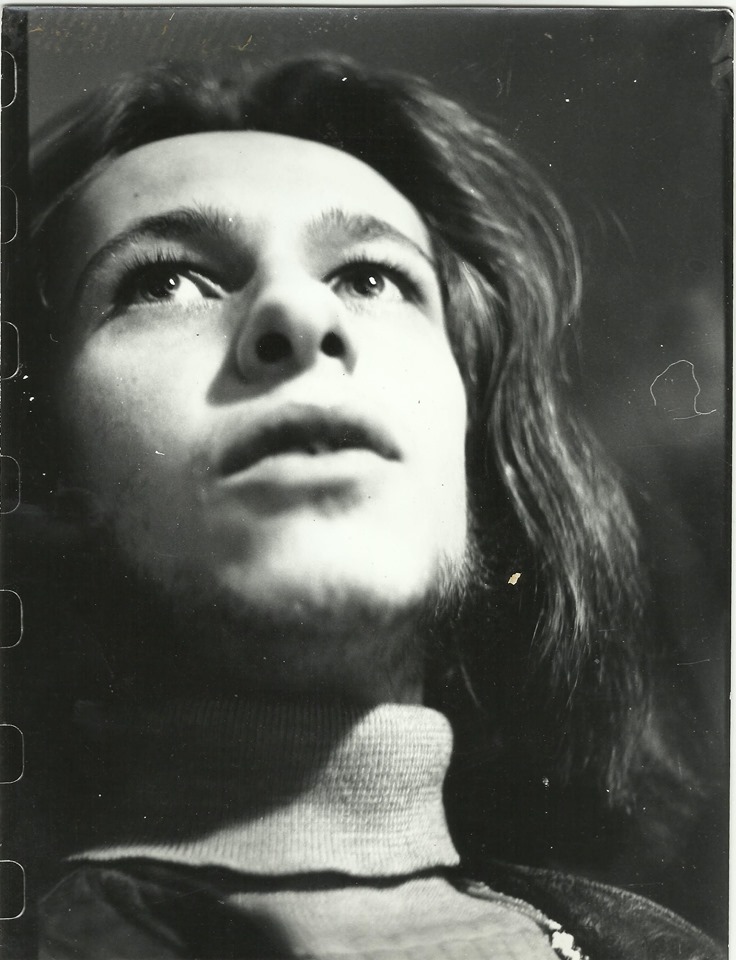
We played in youth centres, municipal halls, and at university parties – especially the three-day fancy dress parties (carnival) at the art academy were notorious, with lots of pot, naked dancing, and three days of constantly played music. We called ourselves Gila Fuck, our posters displayed slogans like ‘Children, fuck your parents’, we played and screamed whatever expressions wanted to and could be released, and Wolfgang (i. e. Wolfgang Diehl, initially on flute with Gila) from SDS (acronym of Socialist German Students Association) accompanied us with his screeching recorder.
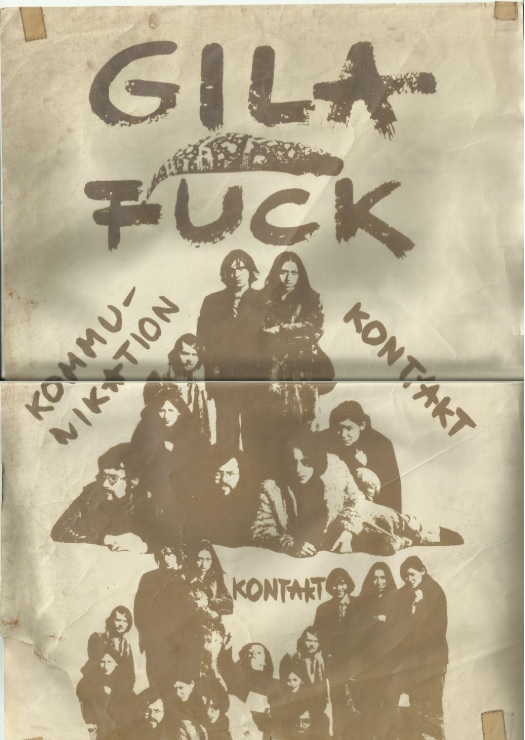
Our concept was ‘Living together, working together, having fun together’. We played music on the basis of bottom-up decisions and regarded fixed compositions as capitalistic straitjackets for unfree music slaves. We never rehearsed in the sense of practising specific songs but certainly experimented with everything that turned up at sessions that lasted for hours. Thus a mutual understanding developed in the course of time and everyone developed a sense of where the other one wanted to go musically and could react accordingly. At the best of times this led to some fantastic, if unfortunately not readily reproducible, musical experiences, and sometimes we managed to make a hall full of people follow us on our musical trip into other spheres. In the course of this development our musical demands were increasing. Back then Conny had gotten in touch with the Munich music scene and music publishers. Playing for the first time in the Munich EMI studio, however, Bongo threw in the towel – he was called Bongo because he was actually a bongo player and not on drum sets and thus struggled with the studio engineers’ demands (‘Play the bass drum, okay, plus the snare, okay, and now add semiquavers on the hi-hat, first open, then closed…’). And the EMI manager, just returned from a marketing seminar in the USA, wanted us to play music that was as good as ‘Proud Mary’ by Creedence Clearwater Revival. That was our first excursion into the world of professional music business. What remained was a reduction of our band name to Gila and the search for a new drummer.
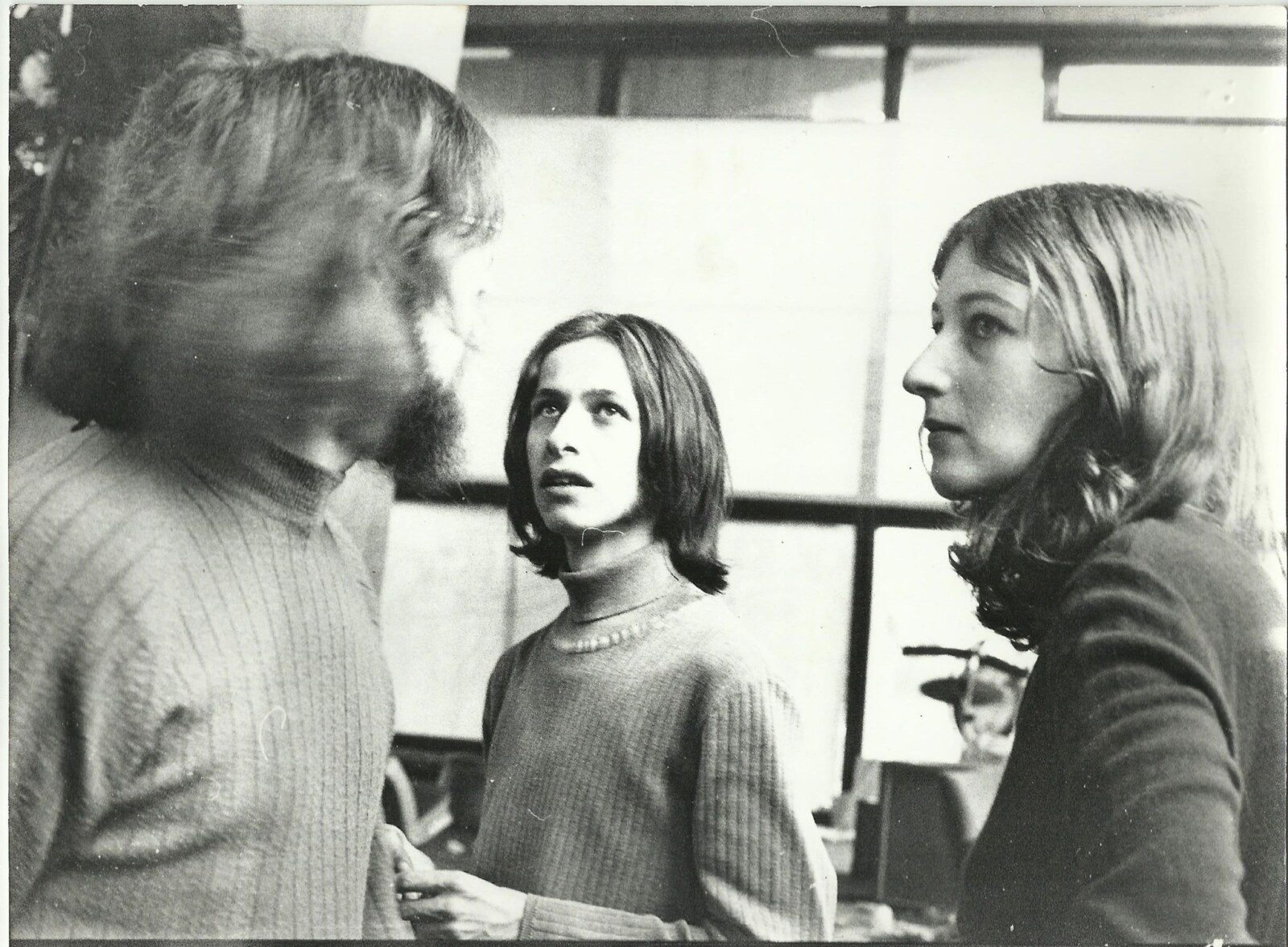
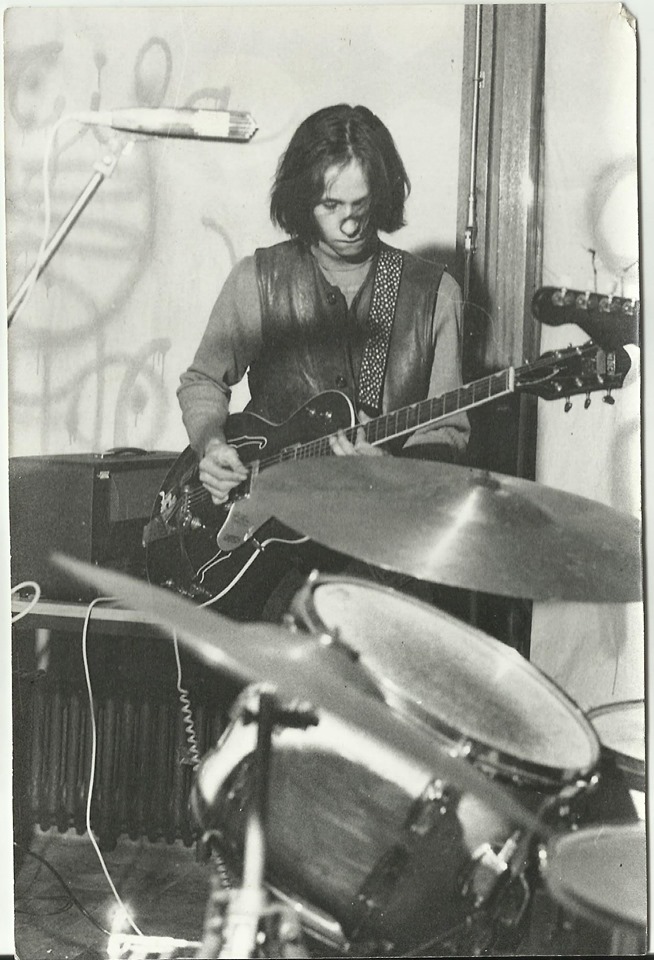
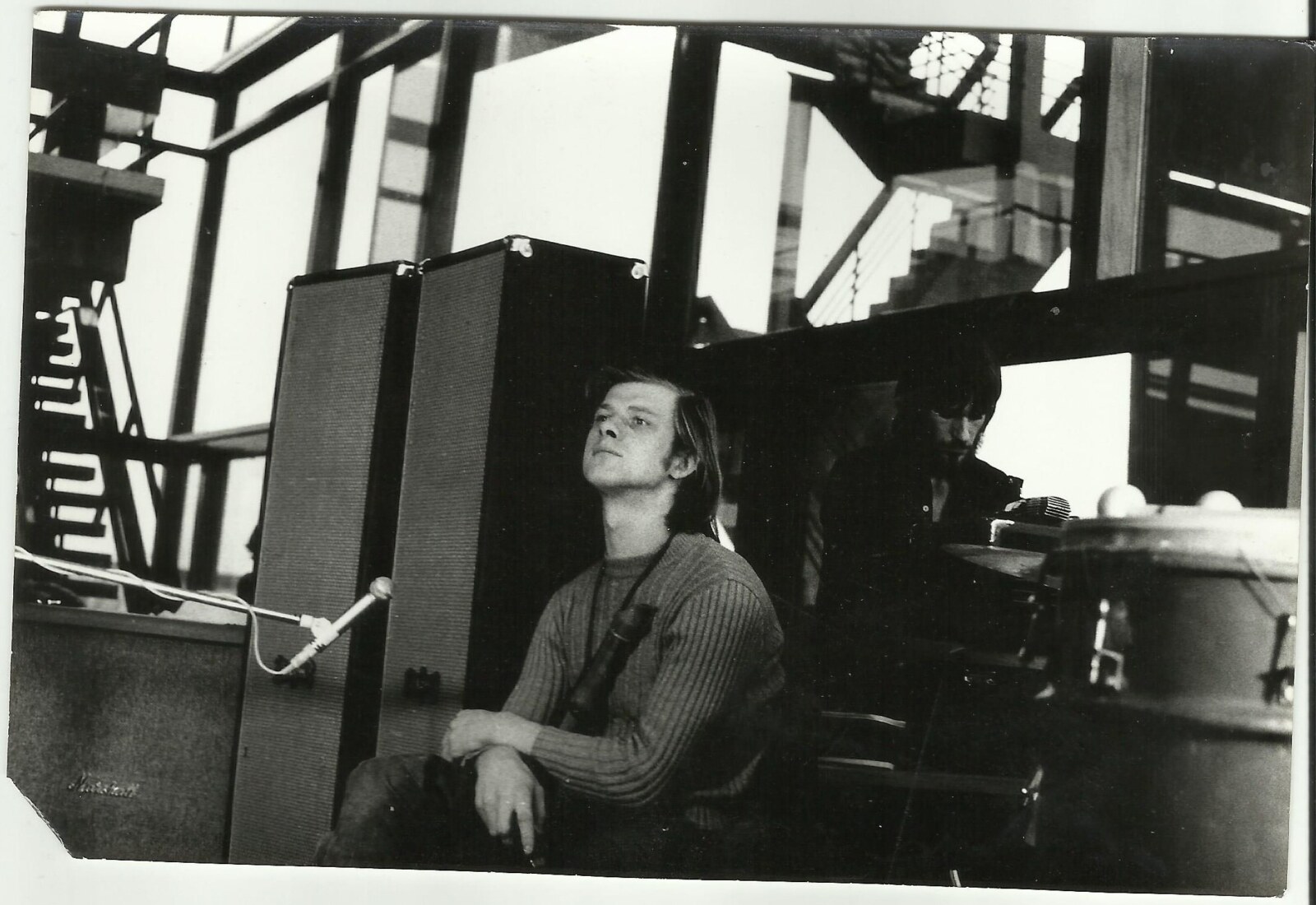
After Daniel Alluno had replaced Bongo on drums we kept afloat with live gigs for a while. There were quite a lot of gigs in Munich (Blow up) and its surroundings, Stuttgart and environs, Heidelberg, Darmstadt (Underground), Mainz (Open Ohr Festival), in clubs and at many festivals. We often played together with Guru Guru or the Stuttgart band, Hotzenplotz (with Albrecht Metzger, who later became the Rock-Nacht announcer). There was rarely a lot of cash involved for us, and often the festival organisation was exceedingly amateurish. As that of the Heidelberg festival on 29th August, 1970, which never took place at all. We also performed at the first German Underground festival on the Herzberg castle, Hesse, together with the Petards, Gurus, Amon Düül, etc. And in the Berlin Sportpalast – with Tangerine Dream, Agitation Free, Xhol Caravan, Guru Guru, the then completely unknown band Kraftwerk as support act, and the old Pretty Things as top act.
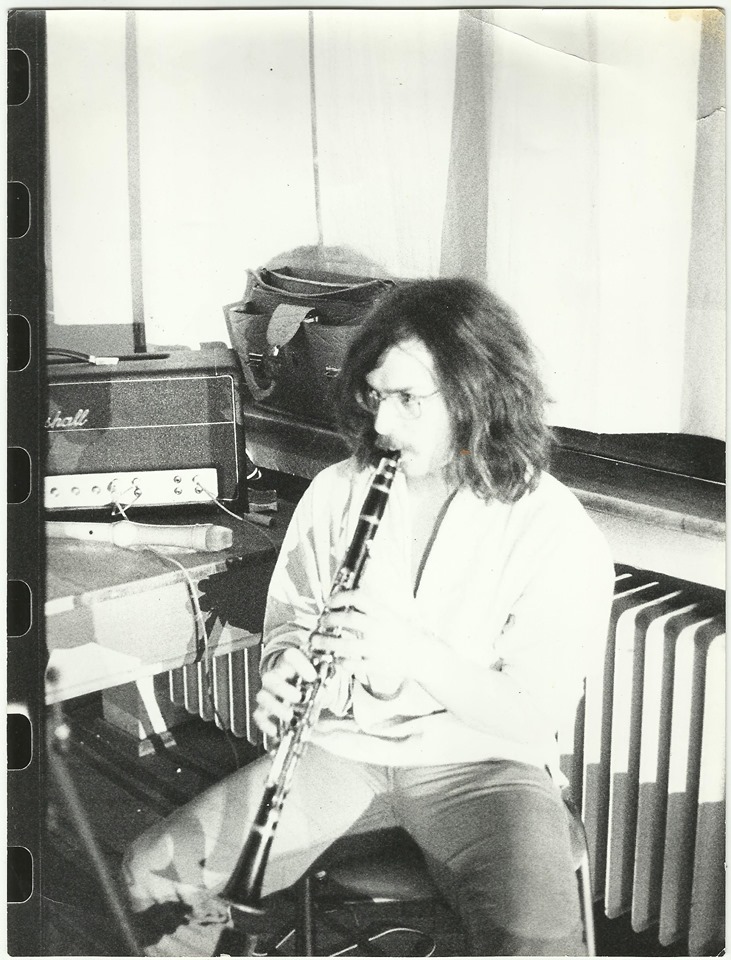
Later, we were on tour in Cologne and surroundings and in the Ruhr Area as well. Back then most of us (Bernd, Walter, Daniel, and myself) lived together in a shared flat in Stuttgart-Bad Cannstatt – when we didn’t stay in Munich. Apropos Munich: After one of our gigs – I think it was in the Blow up – Conny took us to some friends at whose shared flat we could stay the night. When we came in, everything was bathed in red light and Santana’s ‘Jingo’ boomed out of the speakers. I was swept off my feet as I had never heard anything like that before – for me it was the mega exciting bar music of the ‘68ers movement. And promptly, at our next gig, the ‘Jingo’ keyboard riff seemed to appear from nowhere – and after the performance some purist slammed me for playing such a commercial shit. Conny and Bernd, who felt responsible for the band management, finally found a patron (the father of a musician friend of ours) who advanced the money for an independent record production. After our experiences with EMI we didn’t want anyone to interfere with our production. The fact that we could make the recordings in Dieter Dierk’s sound studio in Stommeln near Cologne – my neighbouring town for more than 20 years now – was a real stroke of luck. Back then Dieter had just started working in his studio and was completely open-minded. We behaved as if we owned his place, started to jam, and after only one day Dieter was our fifth band member. Like a good stage director he motivated and encouraged us, boosted our talents, moderated ideas that were far too strange and always brought out the best in our music. Working with him was simply brilliant and never stressful.
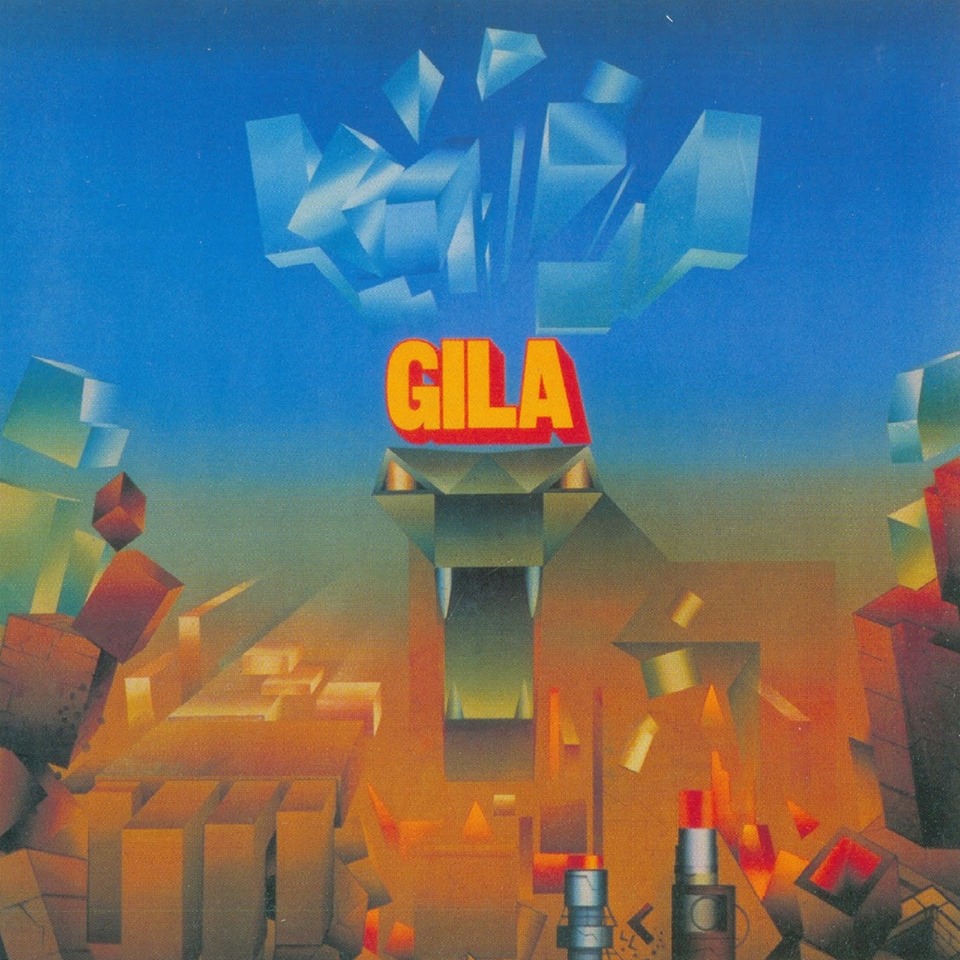
The whole structure of the first Gila record was developed in our joint creative sessions during the studio recordings. Motifs from the record subsequently also emerged during our live gigs for a long time to come. As I mentioned before we didn’t have any fixed songs or tracks, but when one of us initiated a certain motif, the other band members naturally joined him. At that time Conny started to sing more often and sometimes real songs emerged, however mainly improvised. In the following spring we spent some more time in Munich as we made recordings for a television show aired on the ‘Bayern 3’ channel – together with some Bavarian dialect poets, Friedrich Gulda, and some other artists. In the middle of the recordings we went to Cologne on the evening of 26th February, 1972, in order to perform for the WDR channel ‘Nachtmusik’ serial. The concert was later released as ‘Night works’ on Garden of Delights. We arrived in Cologne completely exhausted, quickly set up our equipment, played, took the equipment down and left for Munich immediately in order to be ready to rejoin the recordings the next day. We thus tackled the gig rather relaxedly as we didn’t have enough energy left for a power-rock session. Why did we split although the prospects for a successful band career seemed bright? One of the reasons was probably the way Gila made and developed music – reinventing oneself constantly and improvising everything at each and every concert does only work if all musicians are sharing common vibrations. And we started to drift apart.
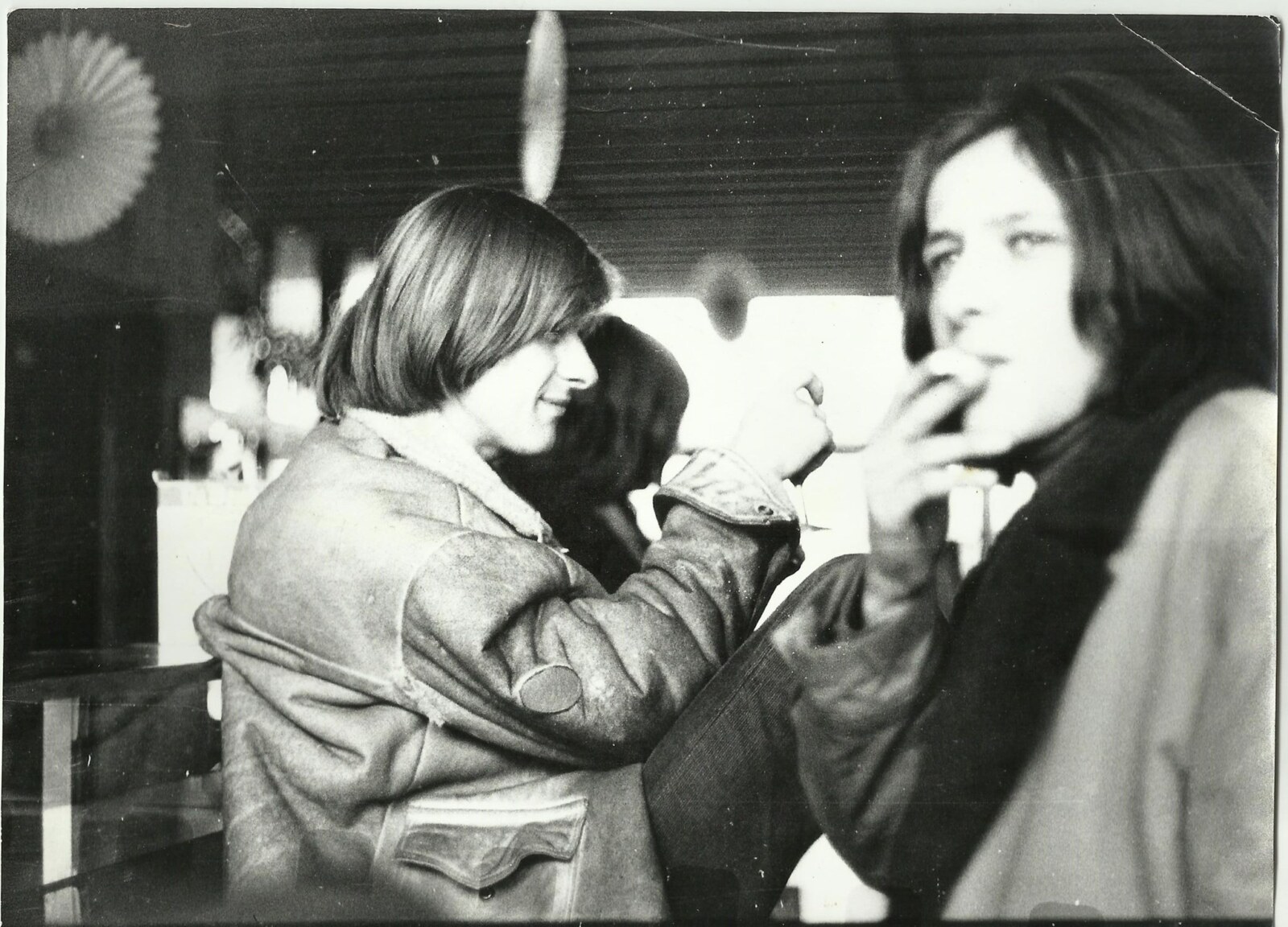
Conny wanted to concentrate more on songs with fixed structures (which he actually realized on the last Gila LP ‘Bury my heart at Wounded Knee’), Daniel headed towards rock or rock ’n’ roll music, Walter found all of that too ‘bourgeois’ and not freaky enough, and I needed some time out in order to find out where I actually wanted to go. And then Gila had simply been a child of the ‘68ers movement, a time of new departures, the time of ‘Mr. Natural’ and ‘Fritz the Cat’, the time when music was still a creed and the drug dealer was still your friend. And when people smoked, played drums and the flute together for hours after the concerts and alcohol was the drug of the ‘schnitzel devourers’. And this time ended already in the early 1970s.
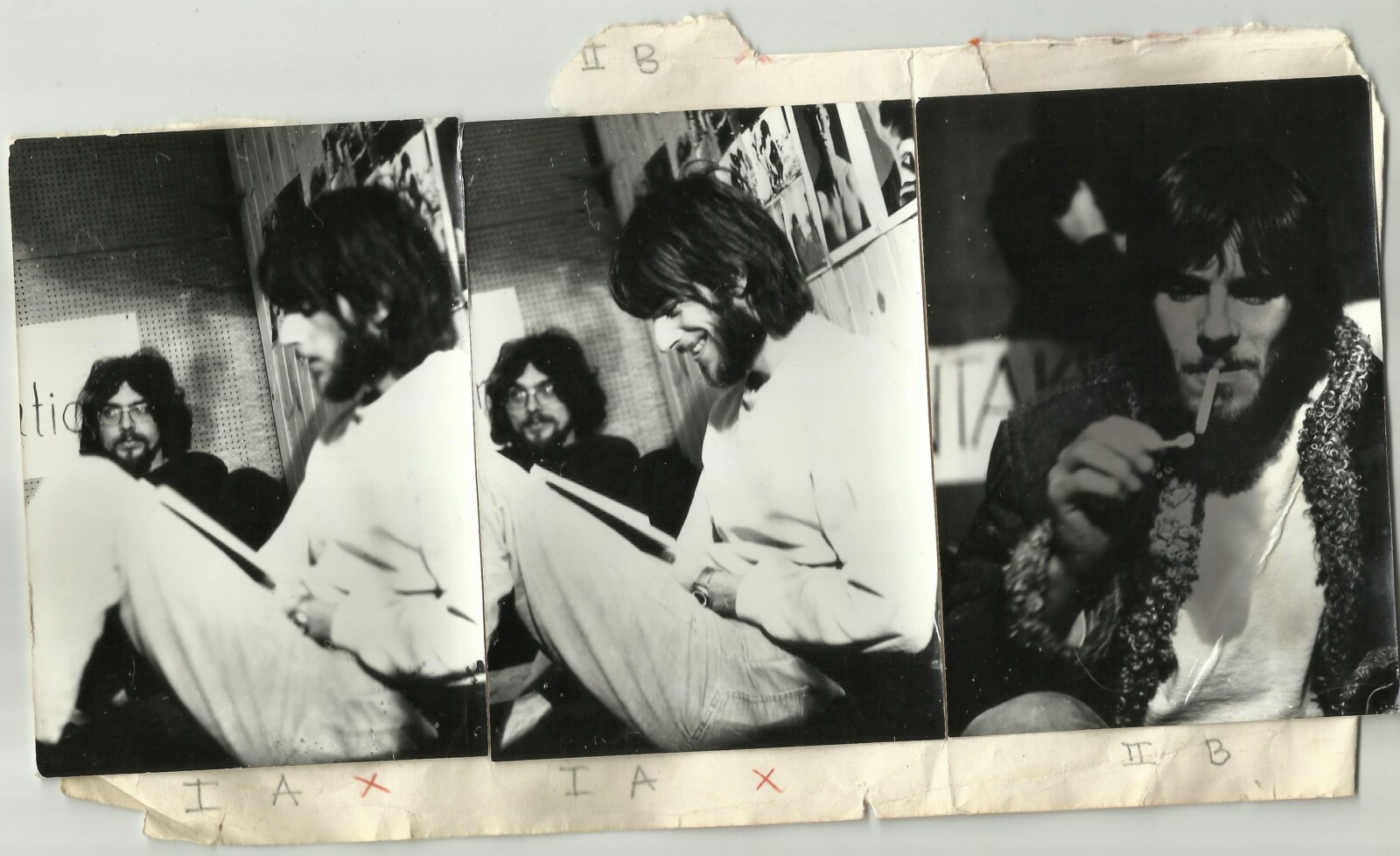
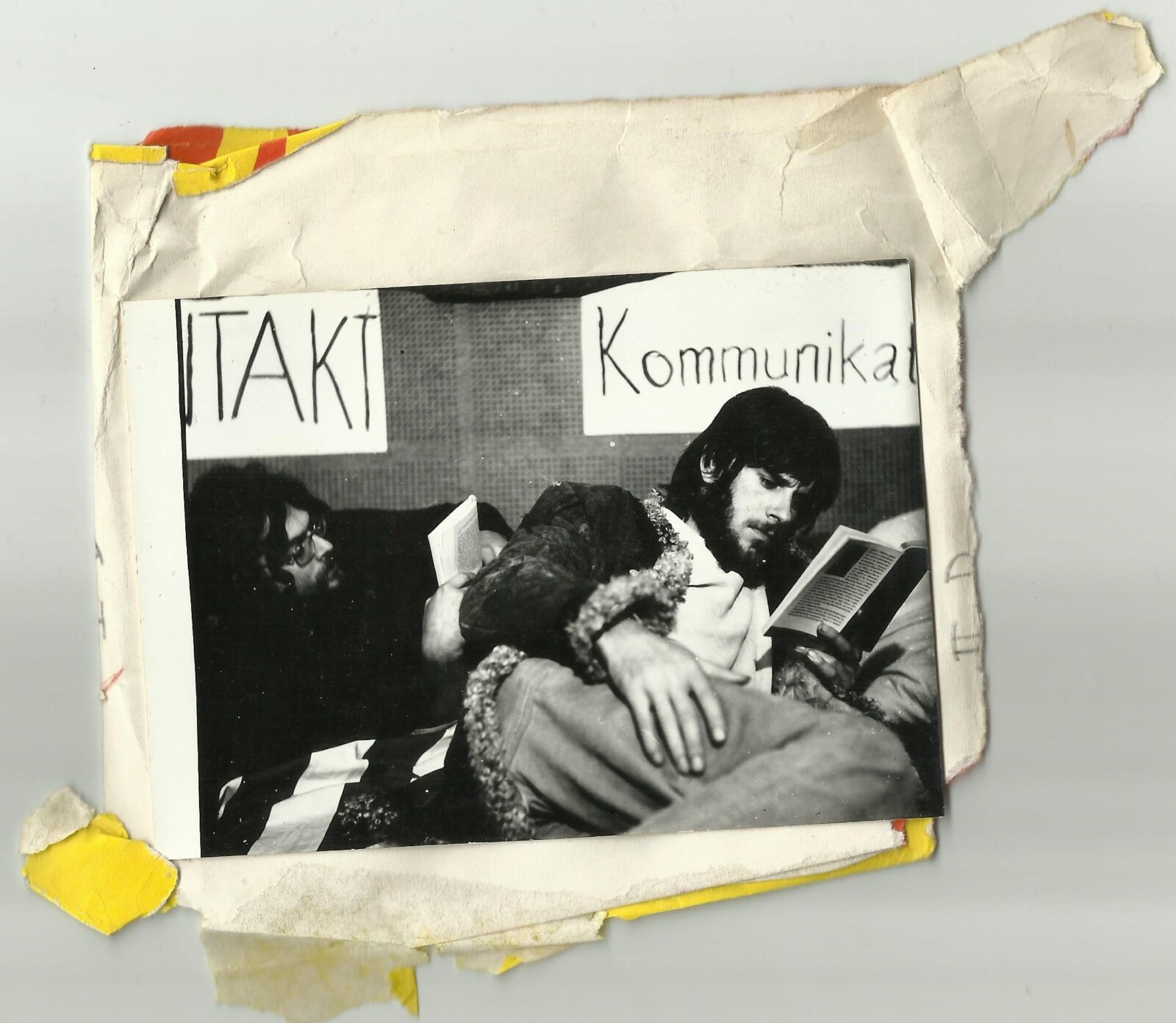
Life then led us all into different directions. I ended up in the political music scene of Cologne, learned the basics of jazz harmonics and playing the bass from a Cologne jazz musician. As bassist, composer, and arranger I took part in various rock-theatre and rock-choir projects and was a member of the political rock band ‘Malör’. I spent a lot of time in the sound studio and took part in many live gigs at big political events (Easter marches, peace rallies, union conventions, UZ press festivals, the festival of the political song in East Berlin…).
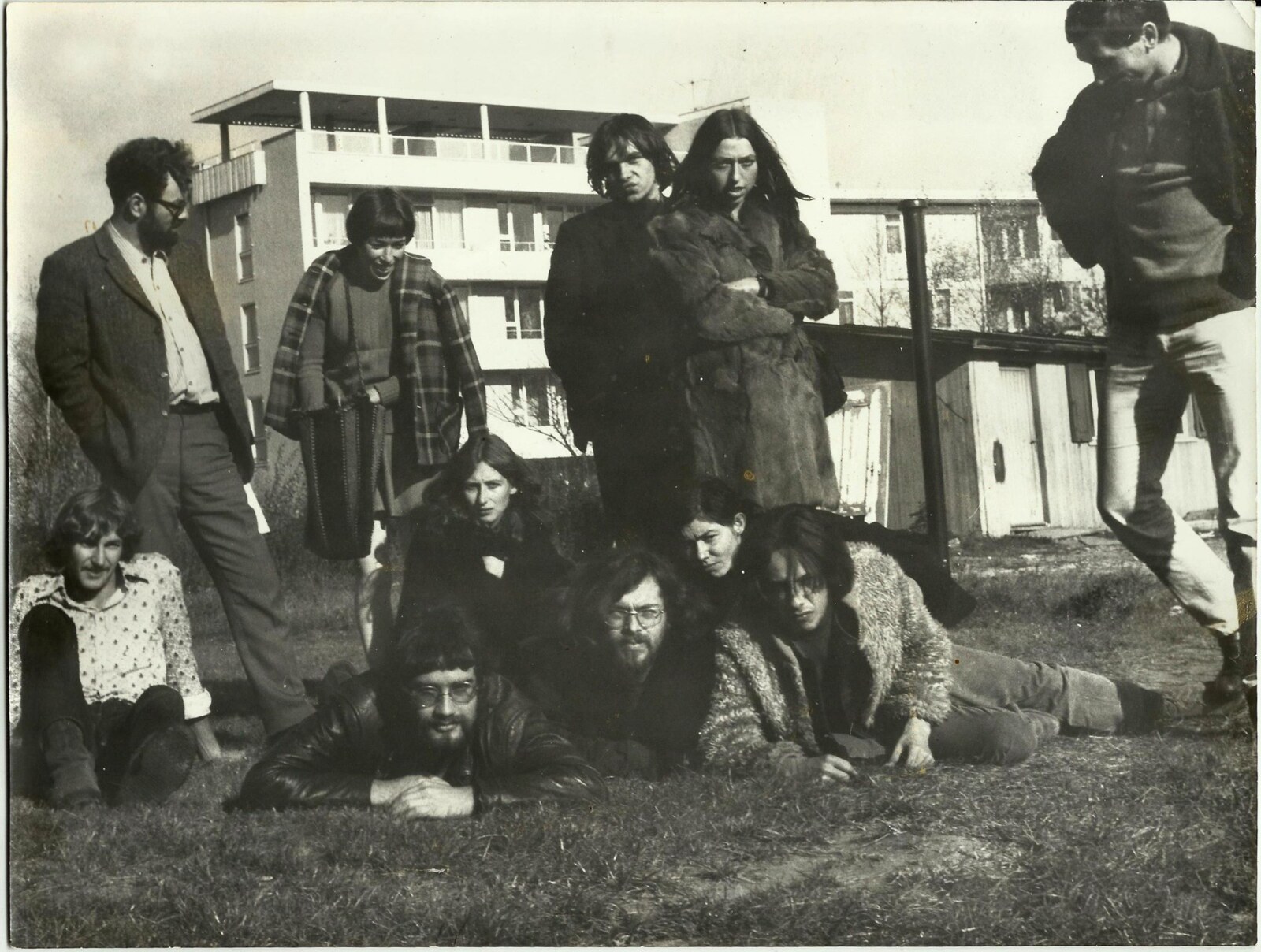
Until I turned around once more and worked for a multinational company for almost a quarter of a century, contributing to the development of the global network via internet and the mobile telephone system. Now I have time again to make more music. Some years ago, Daniel Alluno and I thought about reviving Gila once more. As we knew that Conny and Walter had died, Daniel wanted to involve John (Weinzierl) from Amon Düül II and some other Munich musicians. When I recently talked to John on the phone I unfortunately found out that I am the only surviving Gila member left. I thus keep on experimenting with the music of my dreams in my home studio, and who knows what will happen…”
Special thanks to Walter of Garden Of Delights!


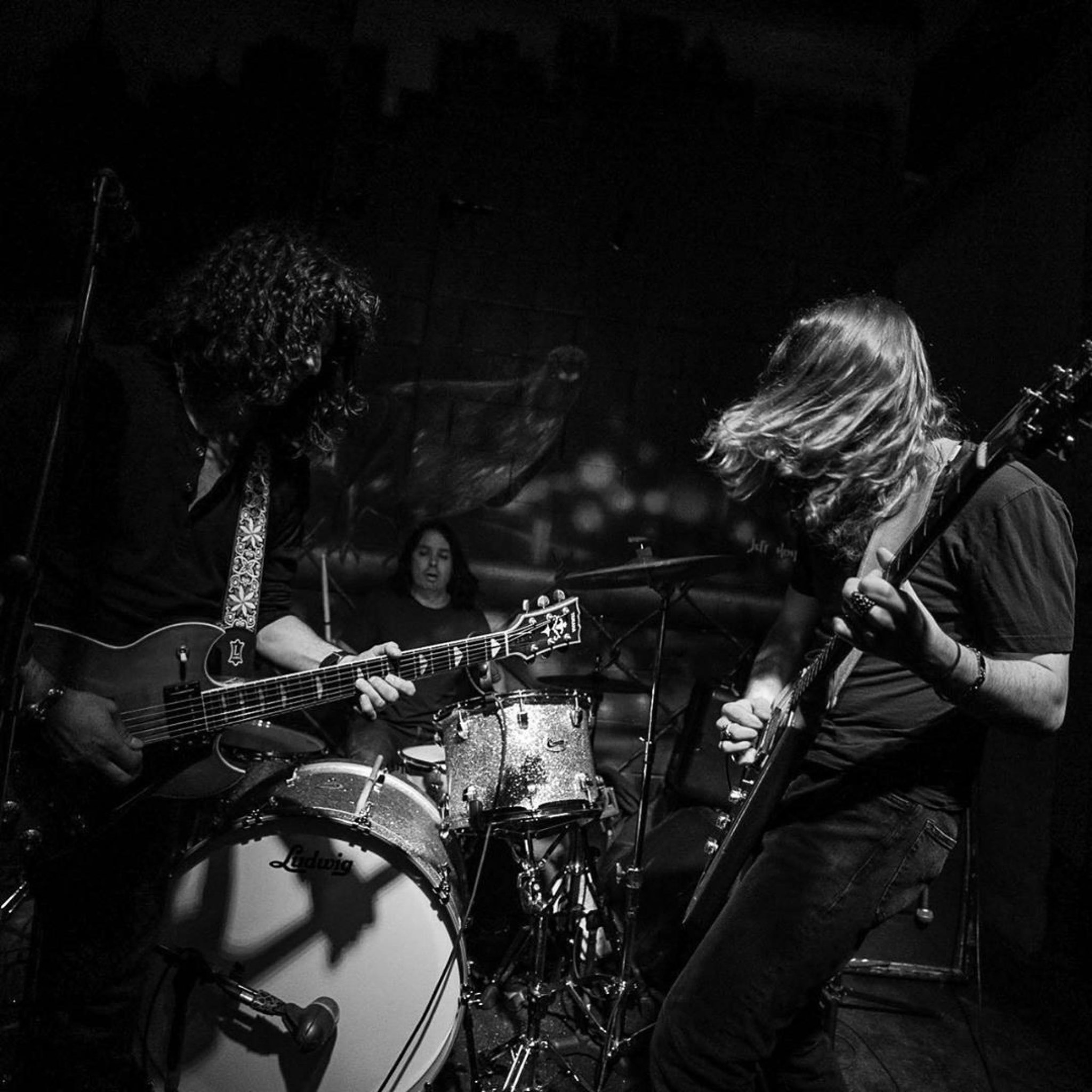
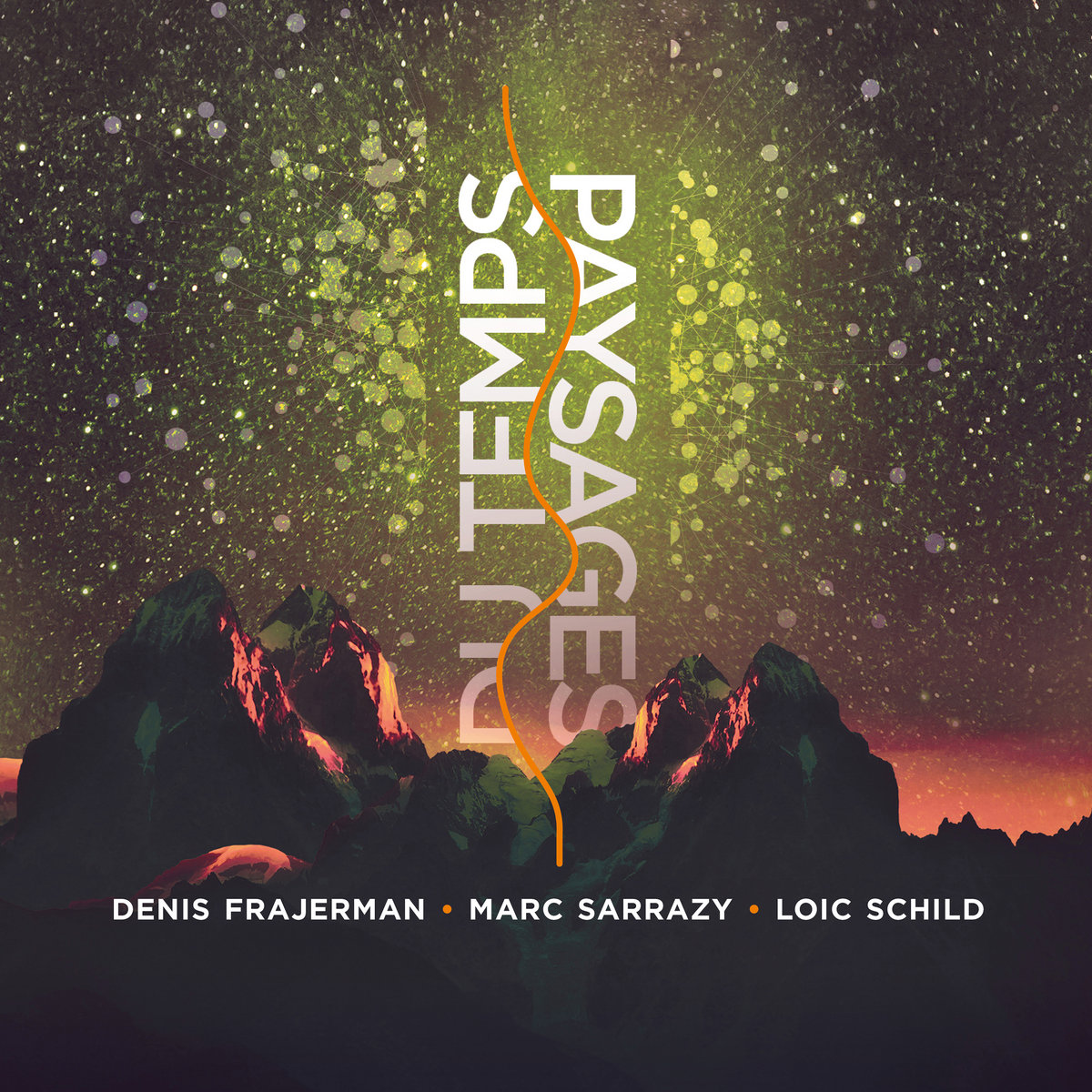
Thank you Fritz and Klemen for sharing these impressions and memories! Great!